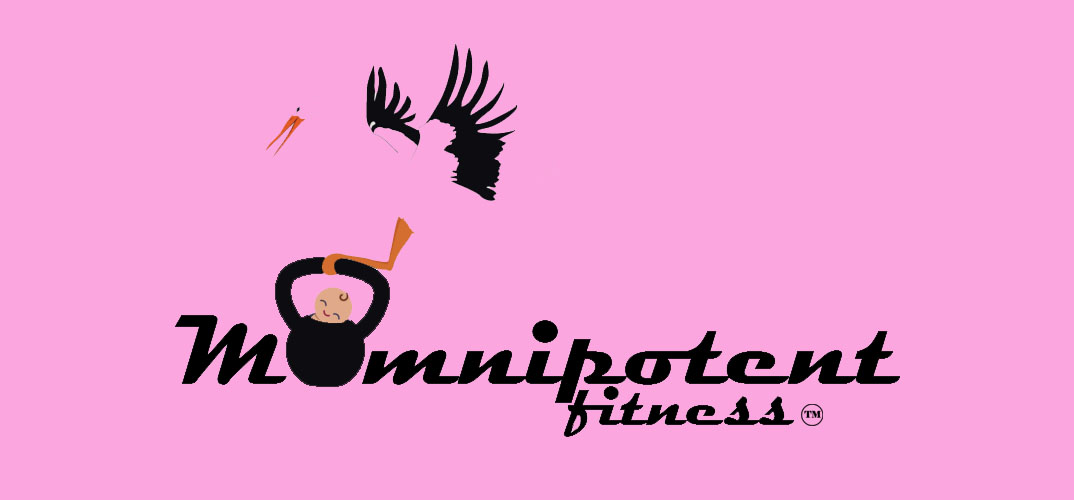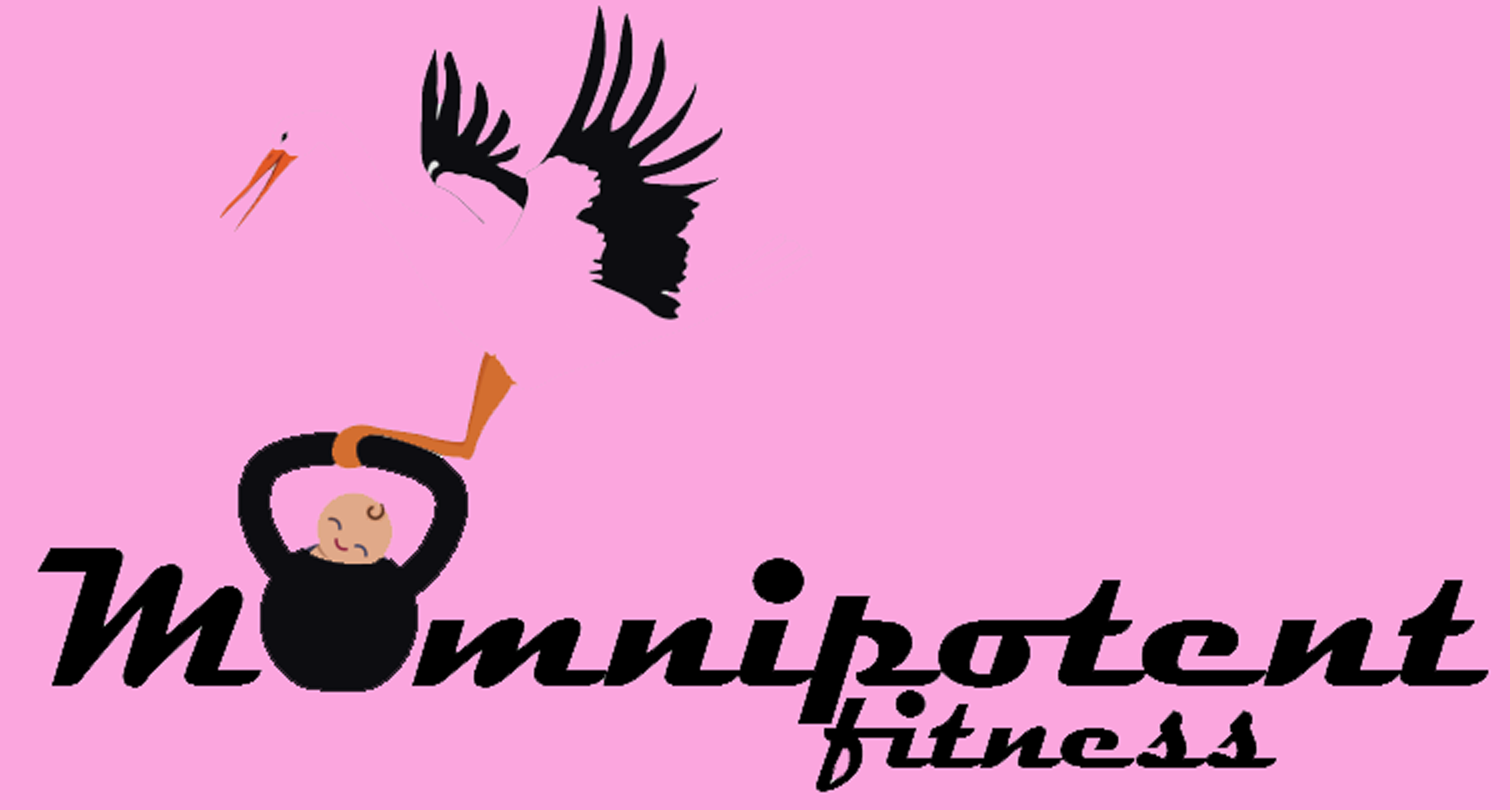I Heartrate Exercising
You’ve probably heard someone mention that you shouldn’t get your heart rate above 140 BPM when exercising while being pregnant. “In fact, you should take it easy. Get lots of bedrest and don’t overexert your body“. Followed by, “it’s good for the baby“, so who’s going to question that right?
THESE ARE OUTDATES GUIDLINES!
If that is what you’ve been told from your doctor: Please read on!
He has not yet received the Memo that the ACOG have changed their guidelines more than 10 years ago regarding pregnant women and raising their heart rates above 140bpm.
There is no current guideline ANYWHERE that says ‘pregnant women should keep their heart rate below 140bpm’.
Why did my doctor say that?
Your doctor’s job IS NOT to know the ins and outs of exercise during pregnancy. Your doctor’s job IS to watch over your general health, and possibly perform surgery and work with high-risk moms who may need the attention of a doctor and special tools the hospital offers.

According to leading authority Dr. James F. Clapp (professor emeritus of reproductive biology at Case Western Reserve University and professor of obstetrics and gynecology at the University of Vermont College of Medicine)
“No matter what her age or what stage she’s at in pregnancy, how a pregnant woman FEELS before, during, and after a workout appears to be a better index of her health, safety, and quality of the workout rather than her heart rate response”.
In fact research shows that the heart rate is not a good predictor of how hard a woman is working during pregnancy and therefore is not a reliable measure of safety, health or fitness.
Your heart rate depends on multiple factors such as:
- AGE – A 20 year old’s heart rate can easily be 10 to 20 BPM higher than a 35 years old’s at the same exercise intensity.
- RESTING HEART RATE – Not everyone has the same resting heart rate. More athletic women will have a lower resting heart rate than those who never or rarely exercise.
- HYDRATION – If you are well hydrated your ‘exercised’ heart rate will be lower than if you aren’t.
- GENETICS – According to the research and Dr. Clapp book, ‘Exercising through your pregnancy‘ “A woman’s genetic makeup can create a 15% to 30% BPM difference in her heart rate while exercising at a moderate to high intensity”.
Both resting and training heart rate may vary in relation to eating habits,the time of the day, poor sleep, anxiety, etc…
So how do you monitor ‘how much you can push yourself or not’?
The best way to monitor exercise intensity when exercising is the RPE scale:
Borg Rating of Perceived Exertion.
The scale goes from 0 to 10.
0 being what we call ‘you are watching Netflix and nothing is happening’
10 when you are sprinting and can’t get a word out.
According to the trimester you are in you will want to be at a different number on that scale.

FIRST TRIMESTER: We recommend being at 6.5-7 on the RPE
SECOND TRIMESTER: At this point you probably feel your best physically, and have an increased aerobic capacity (:measure of the ability of the heart and lungs to get oxygen to the muscles.), and so you will be able to push a little more. We recommend being between 7.5 – 8 on the scale.
THIRD TRIMESTER: You will probably feel the need to go down a little given you are at the end of your pregnancy and things get a little harder just in general. You might feel more discomforts as well as stress and anxiety. Those things can also make the quantity and quality of your sleep diminish, so fatigue tends to set in more. That is why we recommend being on 7 to 7.5 on the scale. (notice you will be stronger than when you started your pregnancy and ready to perform the most challenging, demanding (physically and emotionally!) event of your life, what we call the Olympics of your life: Labor and delivery!
Keep in mind the way you feel can still change dramatically from day to day, so always be in tune with how you are feeling and remember to always be ready to adapt your workouts accordingly.




Leave a Reply